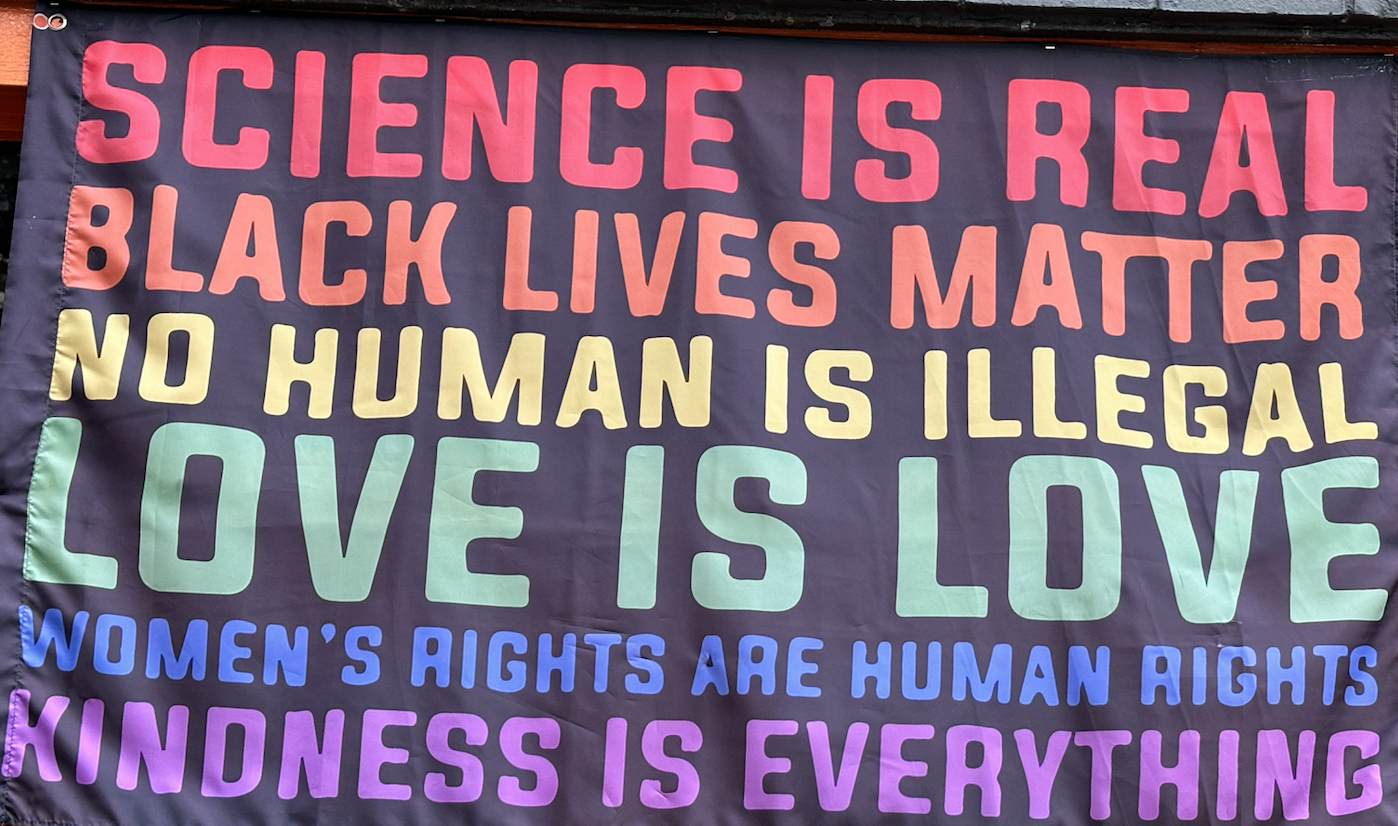
What is a Claim?
Claims are assertions, arguments, and conclusions about something. For instance, claims can be about definitions, causes and effects, claims of fact, or policies.
A claim may me a macro-claim—i.e., a major claim that informs an entire text. Or a claim may be a micro-claim—a subclaim attached to a larger claim. Logical reasoning may require proof of a number of smaller claims to reach a larger claim.
Key Concepts: Argument; Toulmin Heuristic; Organizational Scenario; Direct
Types of Claims
In written discourse, writers, speakers, and knowledge workers . . . engage in rhetorical reasoning and rhetorical analysis so that they know how to best craft claims for particular rhetorical situations.
Claims, like rhetorical situations, may be nuanced and complex. Examples of typical types of claim include the following.
Cause & Effects
Example: “Learning to write well helps people achieve financial independence.”
Claims of Fact
Example: “U.S. literacy levels are ranked #13 in the world, after countries like Japan, Czech Republic, Slovak Republic, according to the Program for the International Assessment of Adult Competencies.”
Definitions
Example: “Literacy is ‘the ability to use printed and written information to function in society, to achieve one’s goals, and to develop one’s knowledge and potential’ (National Center for Education Statistics).”
Policies
Example: “Students should be given opportunities to write frequently and receive critical feedback.”
Values
Example: “Learning to write well is the best way to prepare people for future challenges.”



